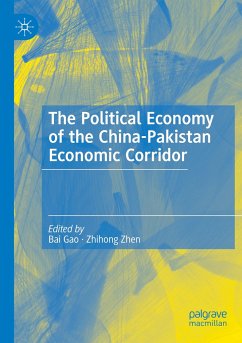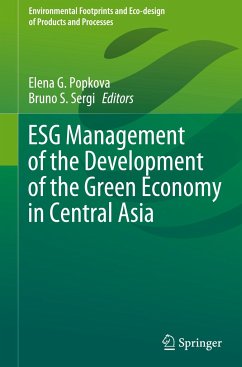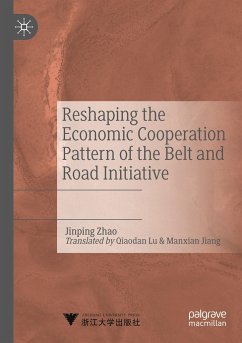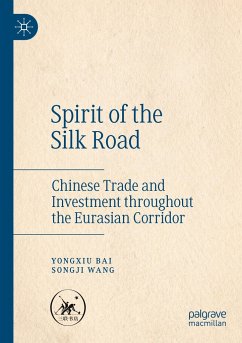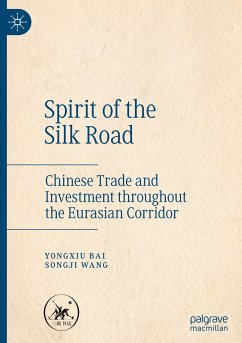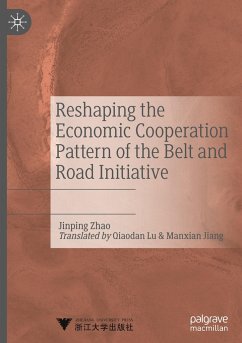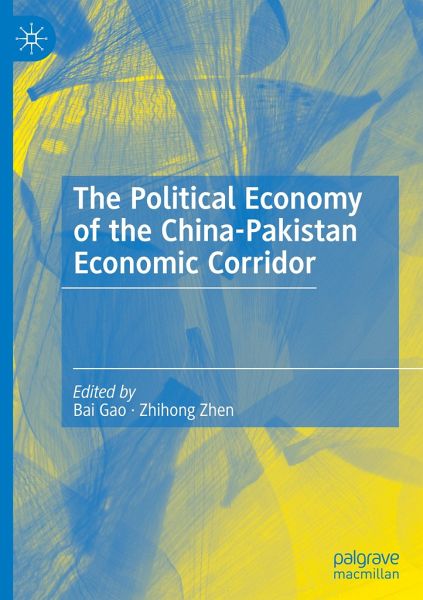
The Political Economy of the China-Pakistan Economic Corridor

PAYBACK Punkte
57 °P sammeln!
This book explores the political economy of China-Pakistan economic corridor, a major pilot project for China's "One Belt, One Road" initiatives. Pakistan will provide China with not only a pathway access to the Indian Ocean, Middle East and Africa, but also vital connections to the Trans-Asia railway network that links Southeast Asia, South Asia and West Asia. This book analyzes how domestic factors in Pakistan will affect China's $46 billion investments. It will be of interest to scholars, policymakers, and journalists.





